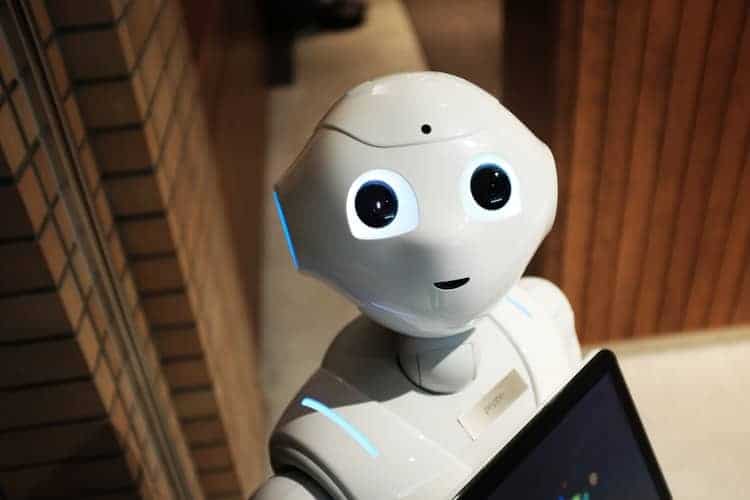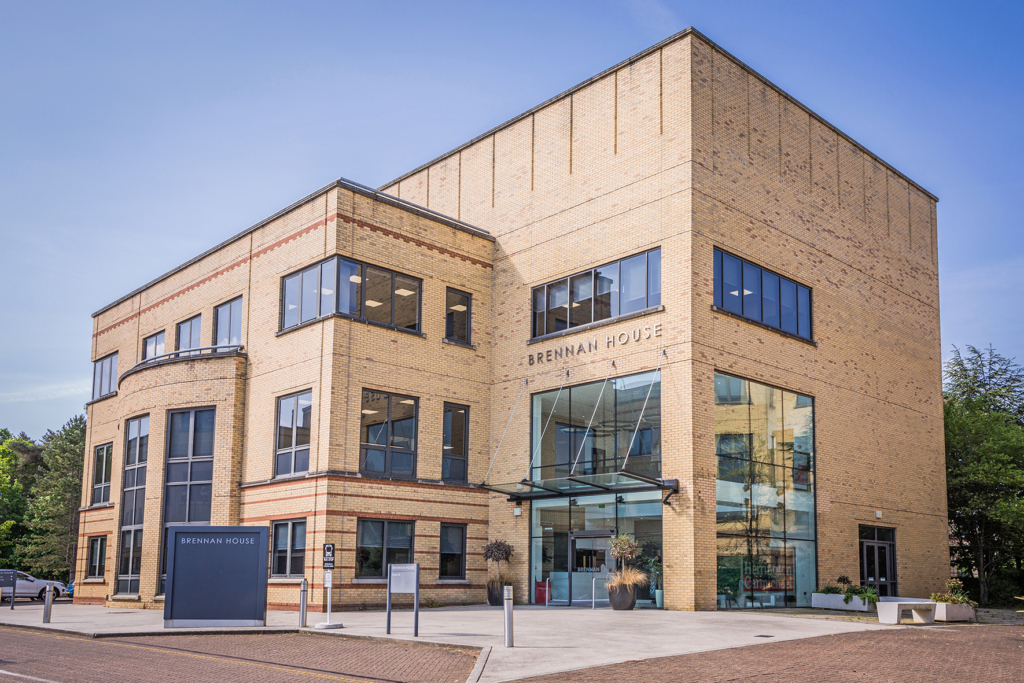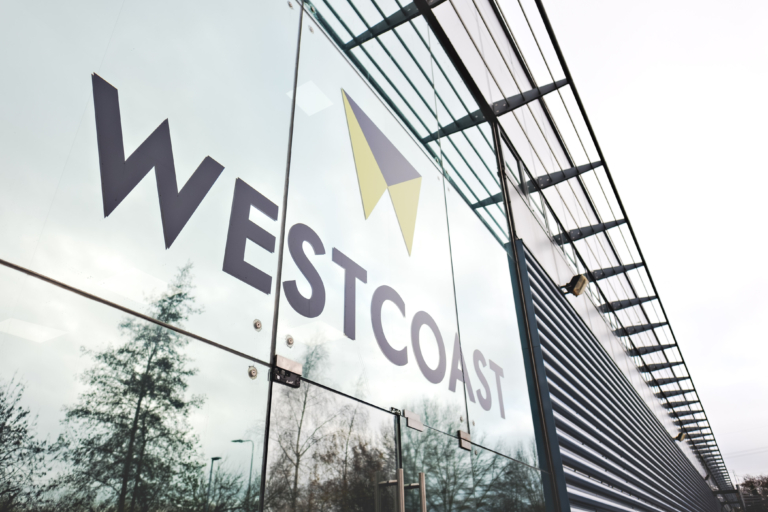South: Jobs that will be affected by automation

As advancements in technology are made, fears arise as to which jobs will be safe in the future and which ones will be completely automated. With improvements seen in AI technologies, and with automated machines finding new homes in places like grocery stores and post offices, concerns arise over possible income inequality, rising unemployment rates, and a decline in the social order.

So, do these concerns outweigh the potential benefits of increased creative power for jobs and new job creation? Only time will answer this question. However, here is a look at what the future of automation might look like and which jobs will see the most change.
Automation has a long history
Machines replacing jobs is nothing new — they have been replacing jobs since the Industrial Revolution. With each improved technological development comes a new way automation aids in the completion of tasks that would take human hands much longer to complete. From assembly lines in the early 1900s to placement in fulfillment centres around the world, automation is making a home for itself, and that is a frightening concept for many.
Which job skills are at risk?
With all of the reports that fill the media and online, it is hard to know which jobs are at higher risk than others. Instead, we’ll break down jobs by skill rather than a job title or category. After all, any task can be automated, but only specific job skills can be fully automated adequately. Below we’ll take a look at what those skills are to give an idea of what you should be looking for in the future of tech integration.

Perception and manipulation jobs
The job skills that are at the highest risk for automation are those that require repetitive actions and those that are in spaces that are becoming increasingly smaller. These are the jobs that are done with the skills of perception and manipulation. For example, mail sorting or product fulfilment are jobs that require repetitive movements that machines can handle with ease. With a bit of programming, even cars can be driven without drivers.
Creative thinking jobs
The next skill set on the list is creative thinking. These skills are at risk but not as much as the previous set. This is because creative jobs like those of judges and actors require at least a marginal level of creative thinking. This also includes careers like musicians and authors because these positions require originality and free thought that computers do not currently possess.
Social intelligence
The final skill set of social intelligence has the least to worry about from automation’s take over. Because the jobs relating to this skill set require a sense of compassion, free thought, and the art of persuasion, computers are not up to the task. For now, jobs with these skill requirements like detectives and healthcare professionals are relatively safe.
Which job skills are safe?
So, which jobs are currently safe from the advances of automation and artificial intelligence? To answer this question, it is vital to understand the difference between the two. While both are technological advancements, one is meant to replace humans and perform tasks they either can’t do or that machines do faster, while the other is intended to aid humans to accomplish their tasks with higher efficiency.
Automation is the implementation of machines to replace human components of a task with more efficient mechanised alternatives. On the other side of the spectrum, artificial intelligence is the use of machines and technological advancements to enhance the performance of humans in their daily tasks.
With this clarification, one can see that AI is not a threat at the moment to any jobs. Moreover, it is an aid to help preserve the current positions and help create newer ones in the future. As for automation, this technology will continue to encroach on those positions that require manual dexterity and perception skills like those of Amazon’s order fulfilment centres and the grocery store’s self-checkout lines.
Finding a balance between automation and human labour will continue to be an issue, even more so as newer technologies emerge. Machines will indeed replace humans in many capacities in the future — but that future will likely involve humans and machines working together, not machines replacing humans altogether.












